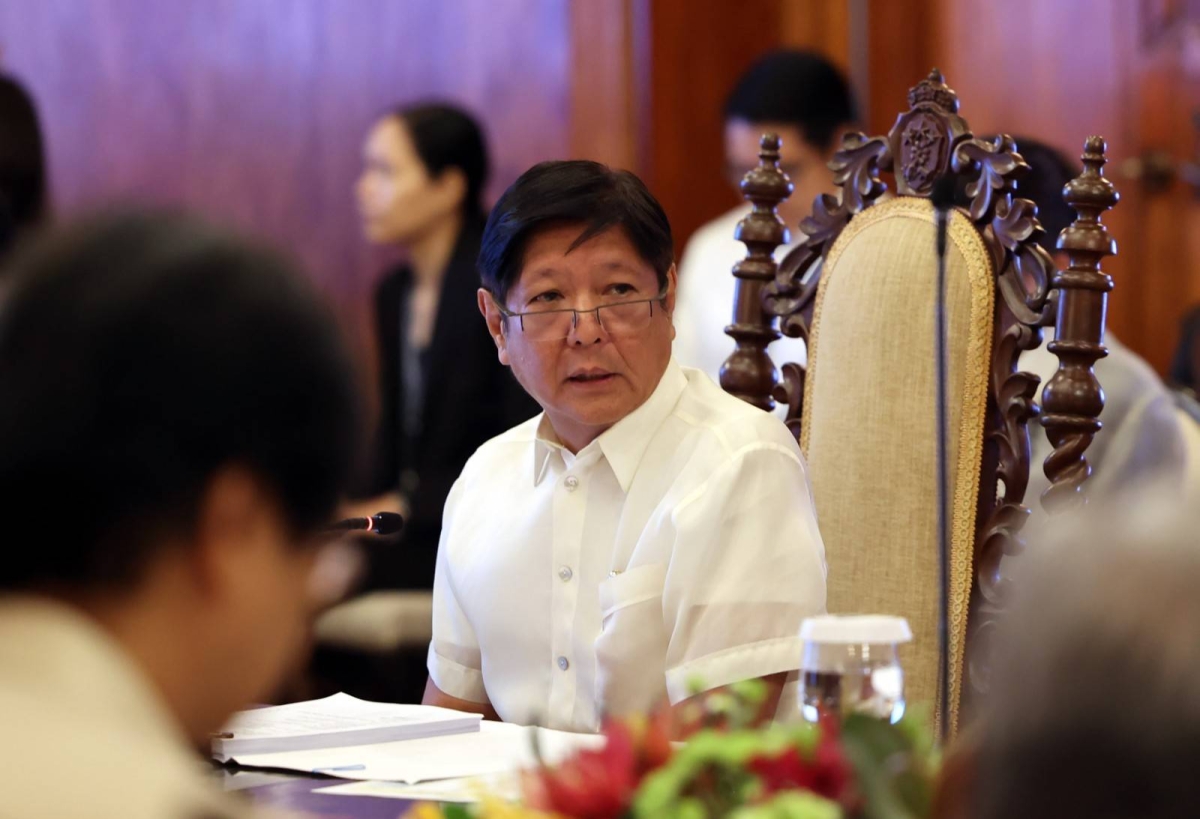
MARCOS ORDERS DRAFTING OF NOMAD VISA DIRECTIVE
PRESIDENT Ferdinand Marcos Jr. is set to issue an executive order (EO) to implement nomad visas immediately without tax incentives, a tourism advisory body said on Friday.
The Private Sector Advisory Council-Tourism Sector Group (PSAC-TSG) said it had recommended the move during a meeting with the President on Wednesday.
The tax incentives that could lead to increased take-up of the nomad visas can follow via a related bill to be passed by Congress, it added.
"PBBM (President Bongbong Marcos) supports this interim solution and has directed the Office of the Executive Secretary to draft the EO and select a pilot country for the initiative," the PSAC-TSG said.
It said there was an urgent need to expedite the process for the issuance of nomad visas "in order for the Philippines to capitalize on the opportunity to attract long-standing foreign tourists and boost tourism arrivals."
A nomad visa is a permit that allows a person to work remotely in a foreign country.
The PSAC-TSG said that neighboring countries such as Thailand, Malaysia and Indonesia "are already benefiting from this growing trend."
LT Group President and Chief Executive Officer Lucio Tan III, who was present during the meeting with Marcos, said, "We need to issue nomad visas quickly to attract long-stay tourists."
House Bill 8165, or the Digital Nomad Act, which seeks to grant a 12-month visa, is currently at the committee level.
Under the proposed legislation, "an alien who is employed in a country other than the Republic of the Philippines, may, upon making an application to the BI (Bureau of Immigration), be granted a digital nomad visa to work in the Philippines for a period of 12 months, renewable for another 12 months."
Recipients must be at least 18 years old, can show proof of sufficient income generated outside the Philippines and have valid health insurance covering the period for which the visa is granted.
He or she must have no criminal record in their home country or should not be considered a threat to the Philippines.
Digital nomad visa holders will not be listed as a resident of the Philippines for taxation purposes, and the income they receive from their employer will not be considered income from Philippine sources.
The BI may revoke the digital nomad visa for any violation of the terms and conditions for its issuance or if the holder no longer qualifies.
The BI will also be tasked to keep a registry of persons issued digital nomad visas.
The bill's author, Surigao del Norte 1st District Rep. Francisco Jose Matugas II, has said that digital nomad visas would benefit Philippine tourism and the overall economy.
He said that there were already 54 countries offering the same type of visa, as the population of digital nomads grew globally after the Covid-19 lockdowns.
"We would like to attract these kinds of tourists (digital nomads). In fact, they have started to come in during the pandemic. Some of them chose to be locked down on the island [where they were]," Matugas said.
In Wednesday's Malacañang meeting, it was also pointed out that training programs to equip people with the skills needed for immediate employment in tourism-related jobs should be expedited.
Marcos was said to have emphasized the role of the tourism industry in shaping the training efforts, saying "the private sector should guide us on the exact skills needed."
He also highlighted the importance of short-term courses: "Short courses enable people to get jobs quickly. Well-trained individuals are rapidly employed."
Filinvest Development Corp. Vice Chairman Josephine Gotianun-Yap, for her part, noted that "80 percent of our tourism workforce holds Tesda (Technical Education and Skills Development Authority) certifications."
"We should build on this by further increasing these certifications, with the private sector identifying the specific skills required," she said.
Commission on Higher Education Chairman Prospero de Vera III, meanwhile, said, "We have numerous institutions offering four-year degrees in tourism and hospitality management."
"By allowing top schools to run these programs, we ensure quality and meet current needs," he added.
"Tesda certifications can now be credited toward these degrees, providing students with a flexible pathway."
2024-07-05T16:29:15Z dg43tfdfdgfd